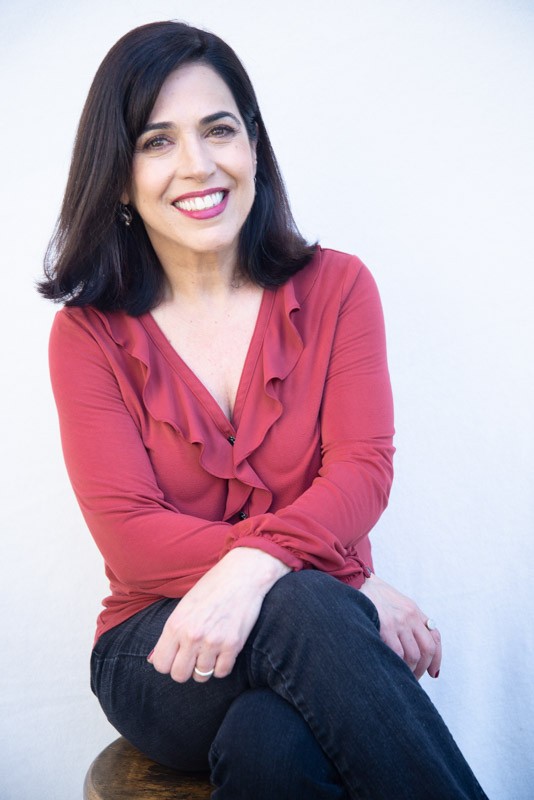Alright – so today we’ve got the honor of introducing you to Pilar Alessandra. We think you’ll enjoy our conversation, we’ve shared it below.
Pilar, thanks for joining us, excited to have you contributing your stories and insights. Do you think your parents have had a meaningful impact on you and your journey?
My mother was an actress-turned-lawyer and my father was an artist-turned-architect. They were both extremely busy but they also valued the arts enormously. We lived briefly in New York, and I remember going to the half-price ticket booth with my mom and getting tickets for absolutely anything that was there. Never heard of the show? Well, it was on Broadway; it had to be good! And it always was. My father was the one who took me to the movies. In bursts of incredibly inappropriate parenting, he would take me to absolutely anything that interested him, never caring that I was under ten years old. He loved Mel Brooks, Woody Allen and Stanley Kubrick. And that’s how I ended up seeing Young Frankenstein, and Sleeper and 2001. Again, NOT appropriate for young kids. But I enjoyed them in my own little-kid way. And then, when I was eleven, he took me to see a new movie that was coming out called Star Wars. Needless to say, it changed everything. Books were also a huge part of my upbringing. My parents took me to the library and let me walk there by myself any time I wanted. If there was an interesting book in the house, I was allowed to read it. I’ve been a bit more protective in the material I’ve shown to my own kids, but I have to admit that those art-loving, young parents impacted so much of what I do now. Because of them, I learned, I read, I watched and I experienced entertainment. And now I teach and coach writers for a living.
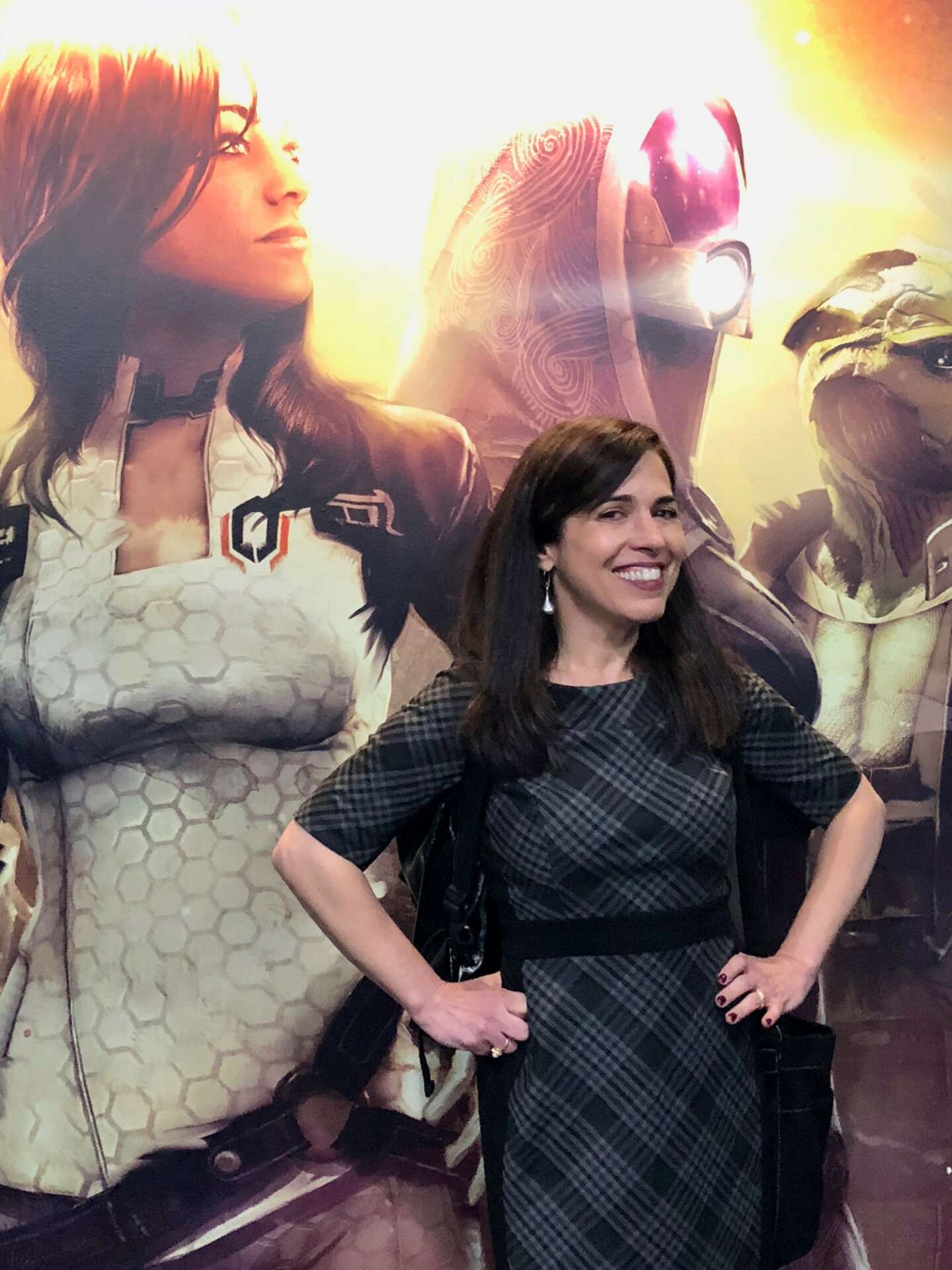
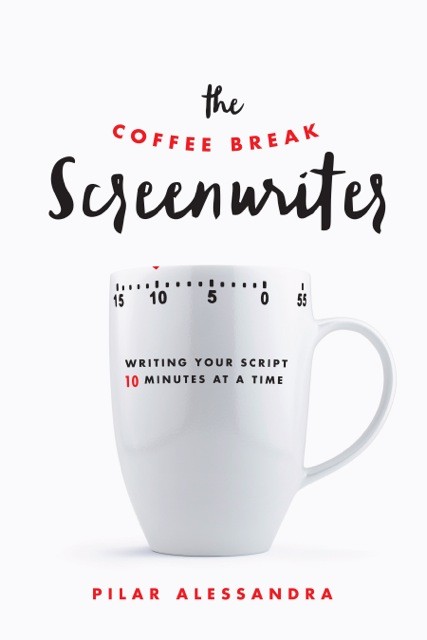
Pilar, love having you share your insights with us. Before we ask you more questions, maybe you can take a moment to introduce yourself to our readers who might have missed our earlier conversations?
Years ago, I started taking what I was learning as a studio reader and creating writing tools and techniques that could help writers focus their ideas and elevate their writing. From this, “On the Page “was created – a series of screenwriting and tv writing classes that help writers get their ideas out of their head and onto the page quickly and creatively. I put many of these tools into a book called “The Coffee Break Screenwriter.” Each week, for sixteen years, I’ve also hosted the “On the Page Podcast” which features interviews with writers, producers and creators; pretty much anyone who can speak to script writing and storytelling. In addition to my teaching, I work one-on-one with writers “story to script,” helping them break story, assigning deadlines and then coaching with them in page segments until they’re finished. I love my work and I’ve been thrilled to see so many success stories come out of On the Page over the years. I have clients with movies in the theaters, shows on the air and careers that are flourishing. And just to have a writer start and finish a story that means something to them? That’s a great success as well. I’ve been fortunate to have brought my writing tools to film and tv organizations around the world and I also currently coach for the writing fellows at NBC-Universal and CBS-Paramount.
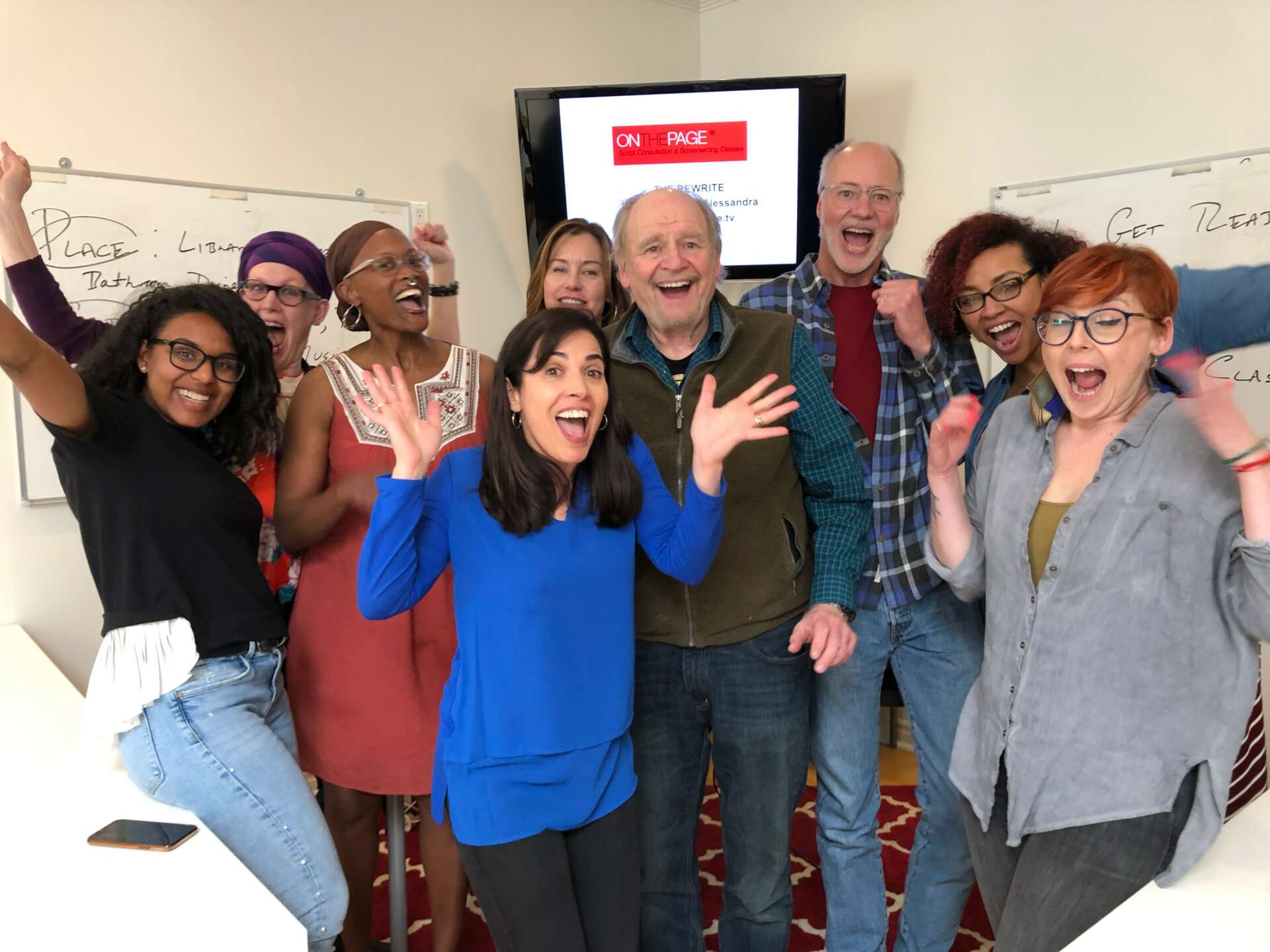
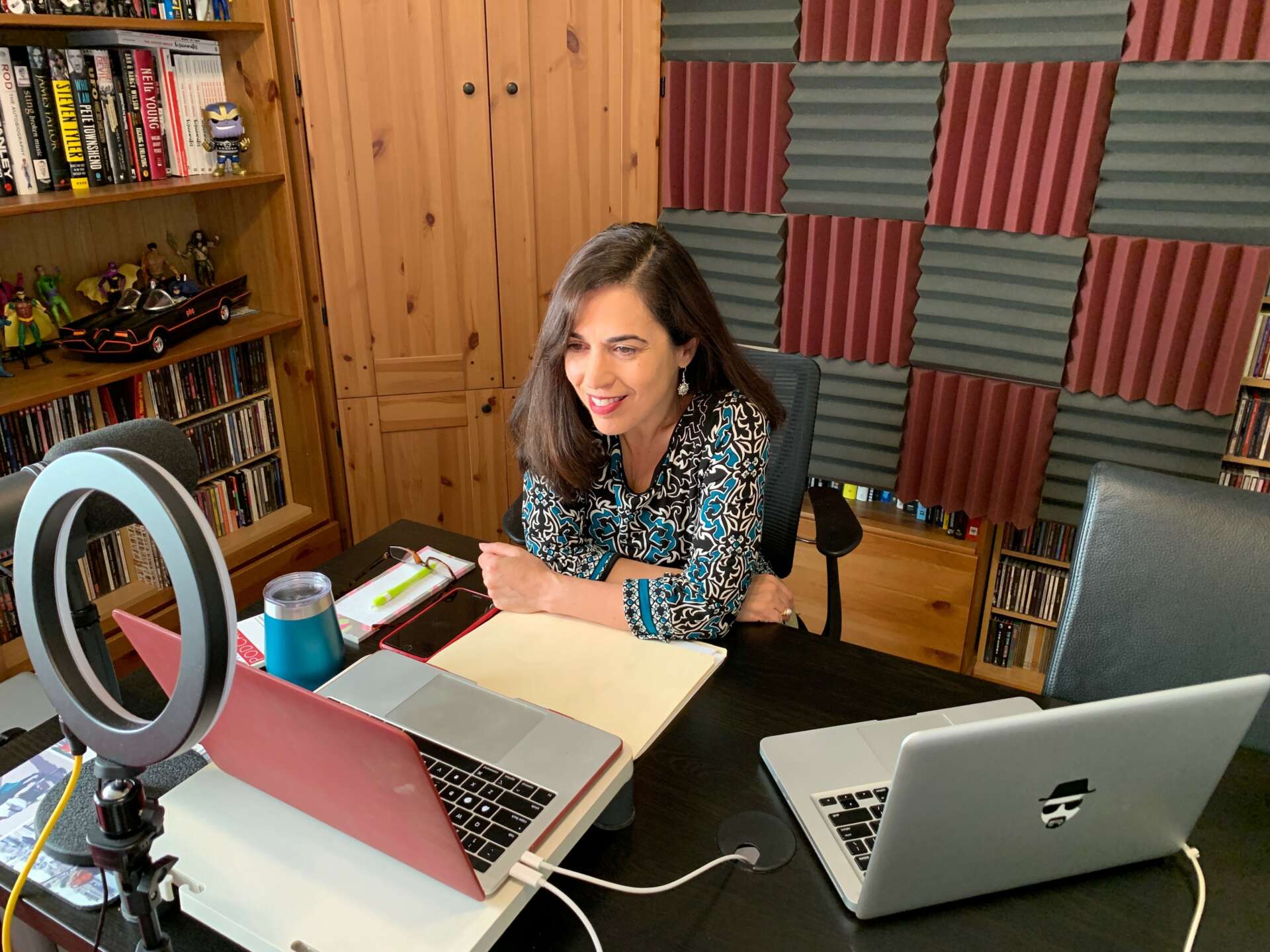
Has your business ever had a near-death moment? Would you mind sharing the story?
Over twelve years ago I put my podcast behind a paywall for six months. I put energy and money into the show and thought this would be a way to start seeing some revenue. This was the dumbest thing I could have done. The fee wasn’t a lot, but suddenly forcing my listeners to have to pay to get information alienated them. I learned a few things from this: First, my podcast WAS bringing revenue in the form of students and clients who wanted to learn from me because of what I was saying and offering. Second, being stingy with information is never smart. It’s OK to give and give and give ideas and information to people. If it’s helpful, they will seek out your services. Based on this lesson I never upsell when speaking to a group. Like, “take my class and I’ll give you that answer!” Yuck.
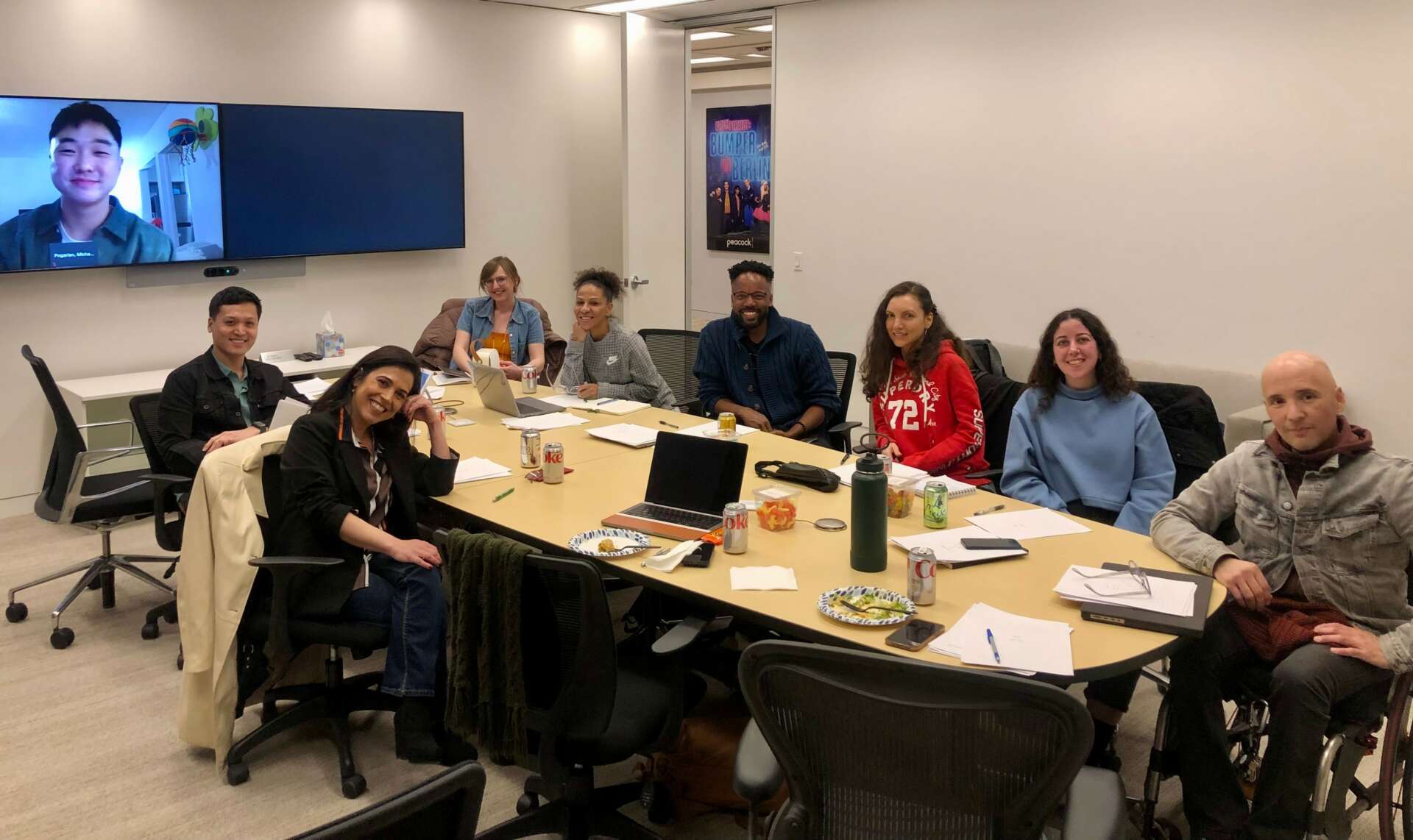
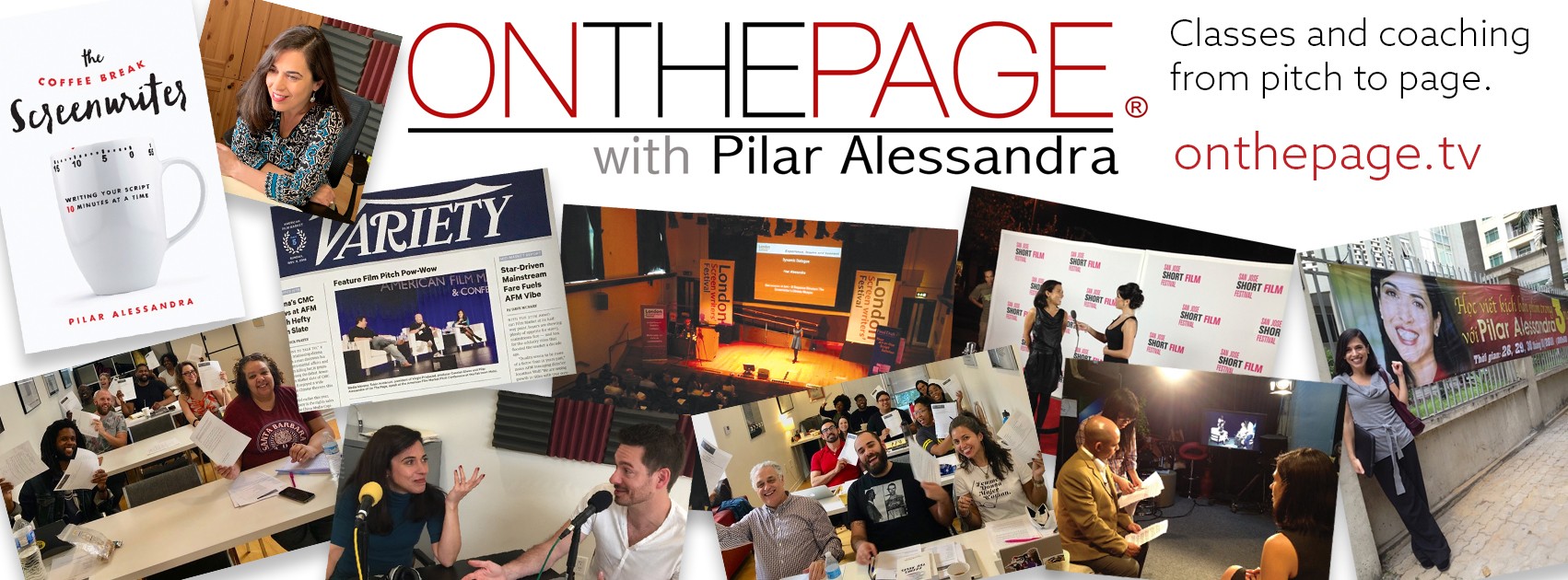
Are there any books, videos, essays or other resources that have significantly impacted your management and entrepreneurial thinking and philosophy?
The thing that most impacted my teaching and communication style was driving school! Comedy driving school to be specific. There was a time when, if you got a ticket you had to take driving school in person to keep your insurance costs down. I rolled through a stop-sign and found myself at a driving school hosted by the Improv. Just like a regular driving school, you learned all of the boring information about driving lanes, signs, speed-limits, etc. – but you kept laughing along the way. What I realized was that the instructor wasn’t really telling jokes – he was just finding ways to make the information interesting and the day entertaining. He kept us engaged. He provoked discussion. And, by the end of the day, I was wide awake and I’d actually learned something. When I teach, I try to take the “comedy driving school” approach. I want people to have fun in class, understand the lessons and have the energy and excitement to put it into practice. I have no idea who he is, but I would like to take this opportunity to thank my driving school instructor. He also helped me get a good deal on car insurance.
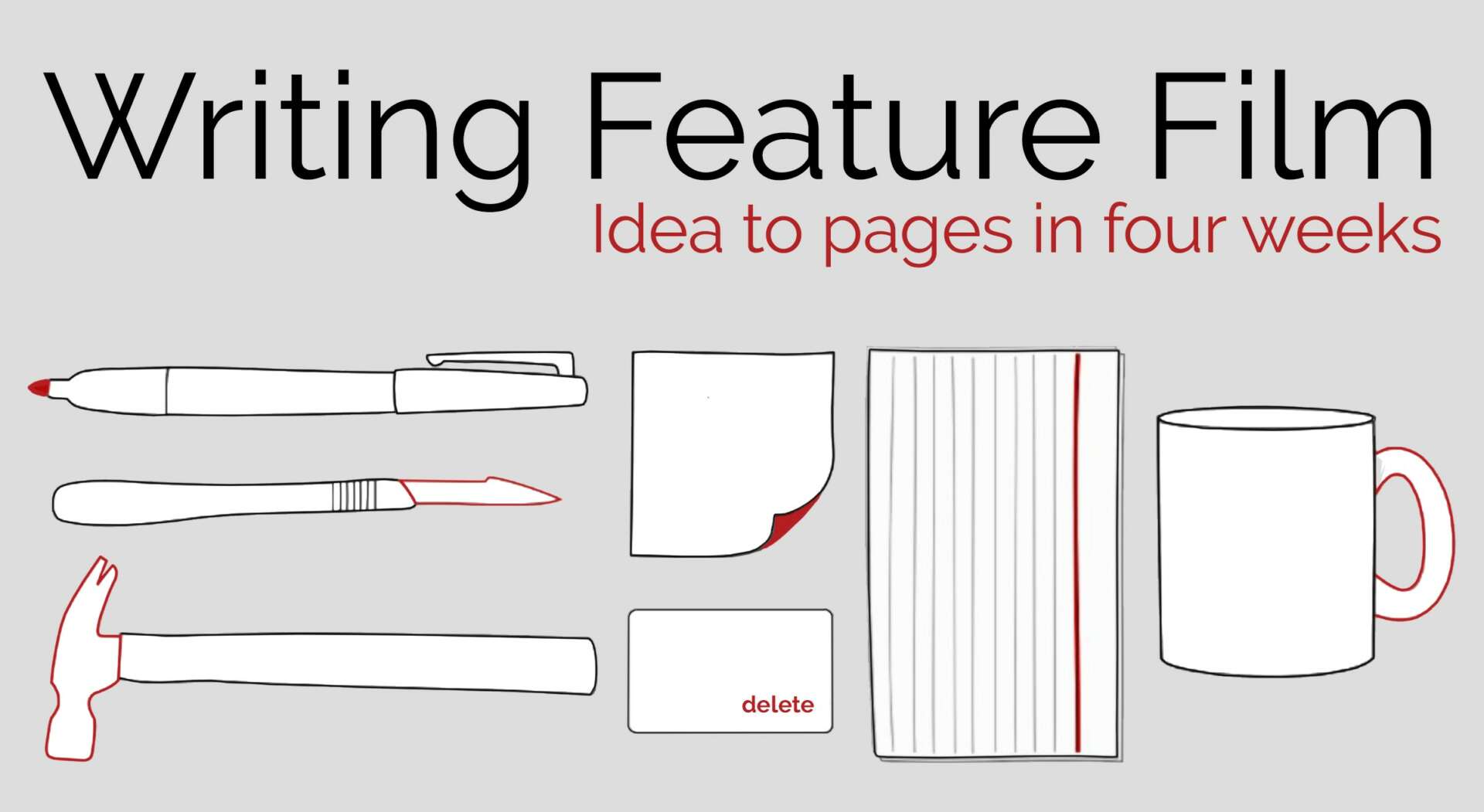

Contact Info:
- Website: www.onthepage.tv
- Instagram: @onthepage
- Facebook: @onthepage
- Linkedin: Pilar Alessandra
- Twitter: @onthepage
- Youtube: Pilar Alessandra
Image Credits
Jennifer Manley
Sabrina Shuster


